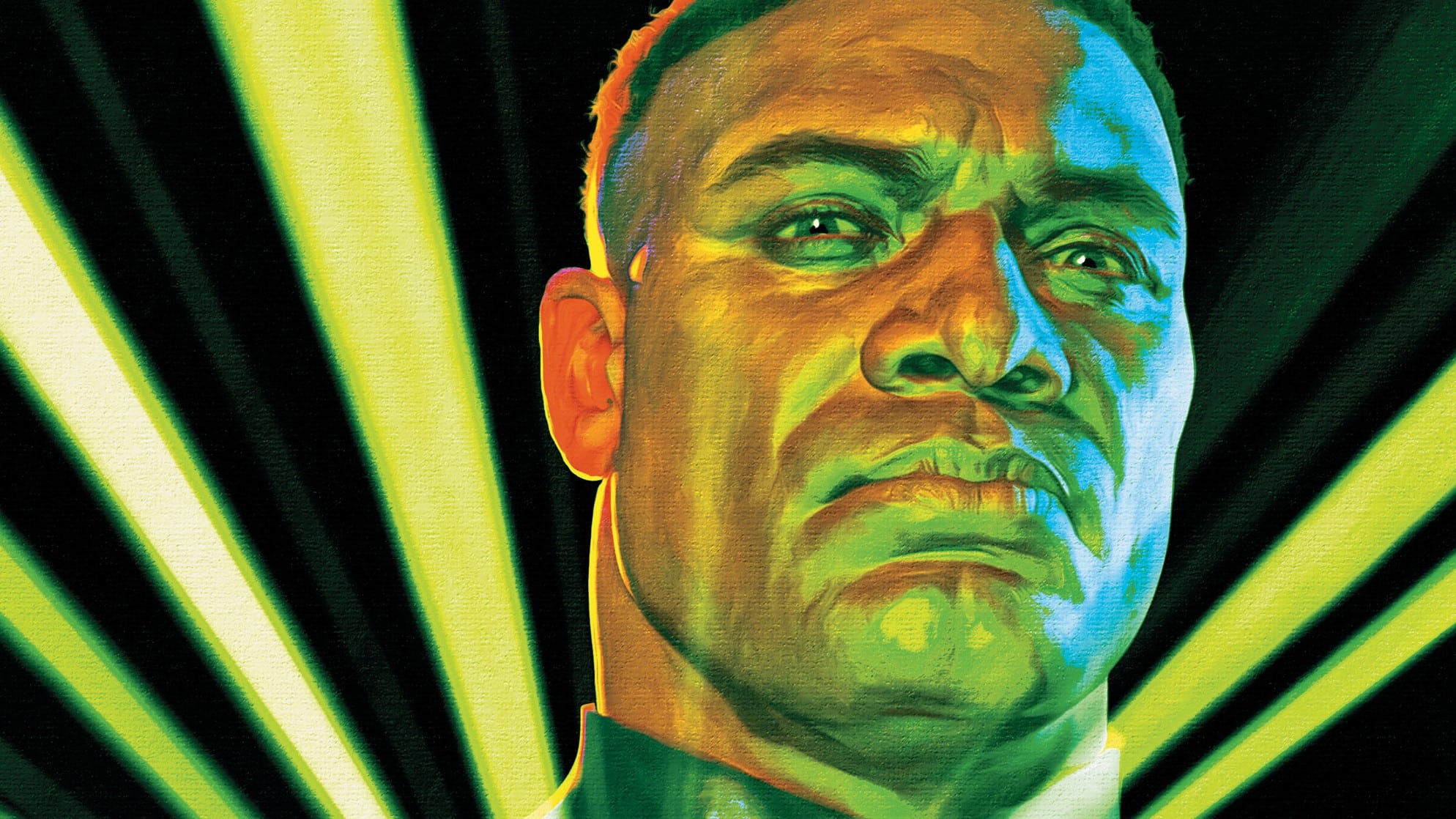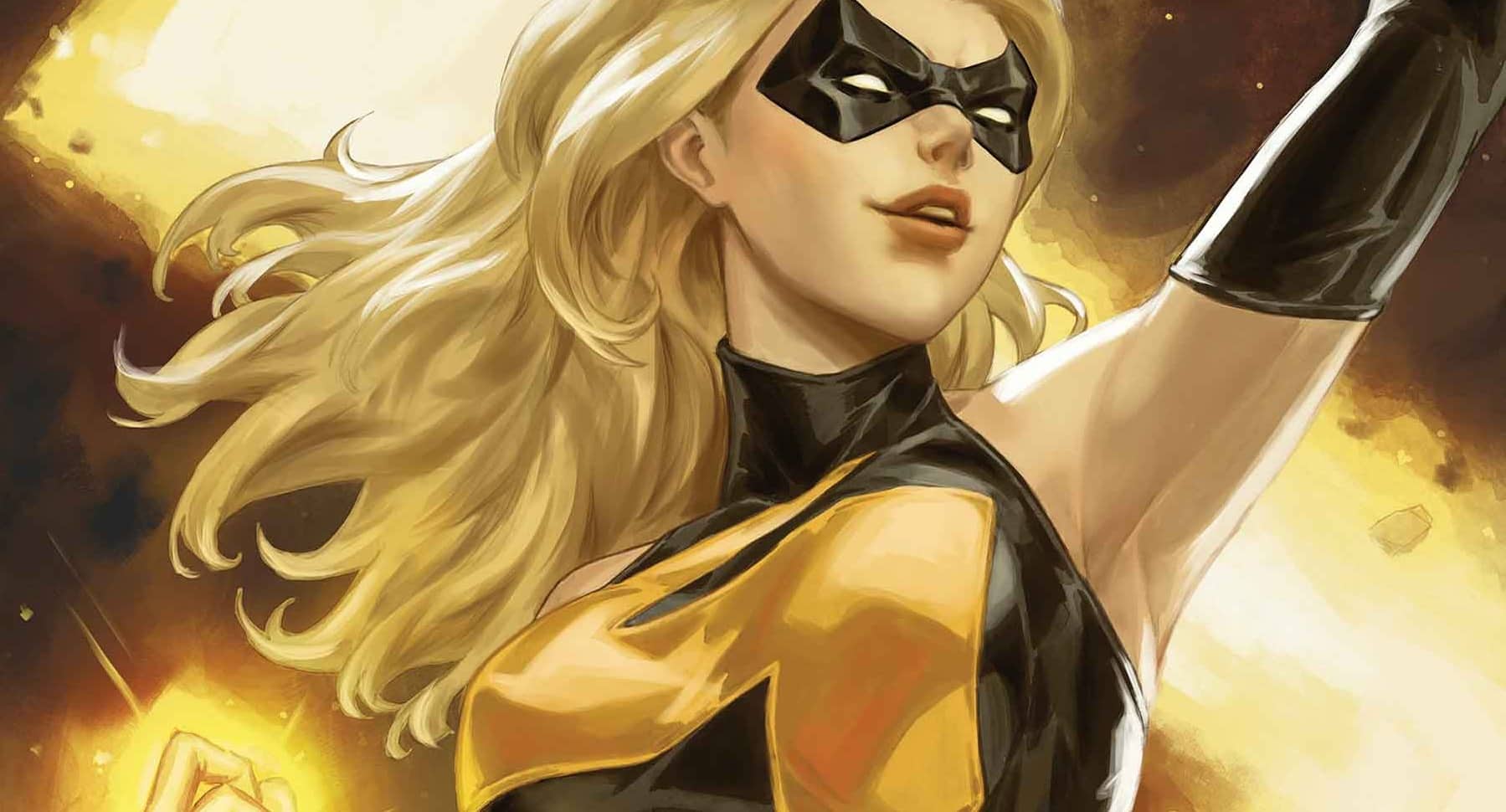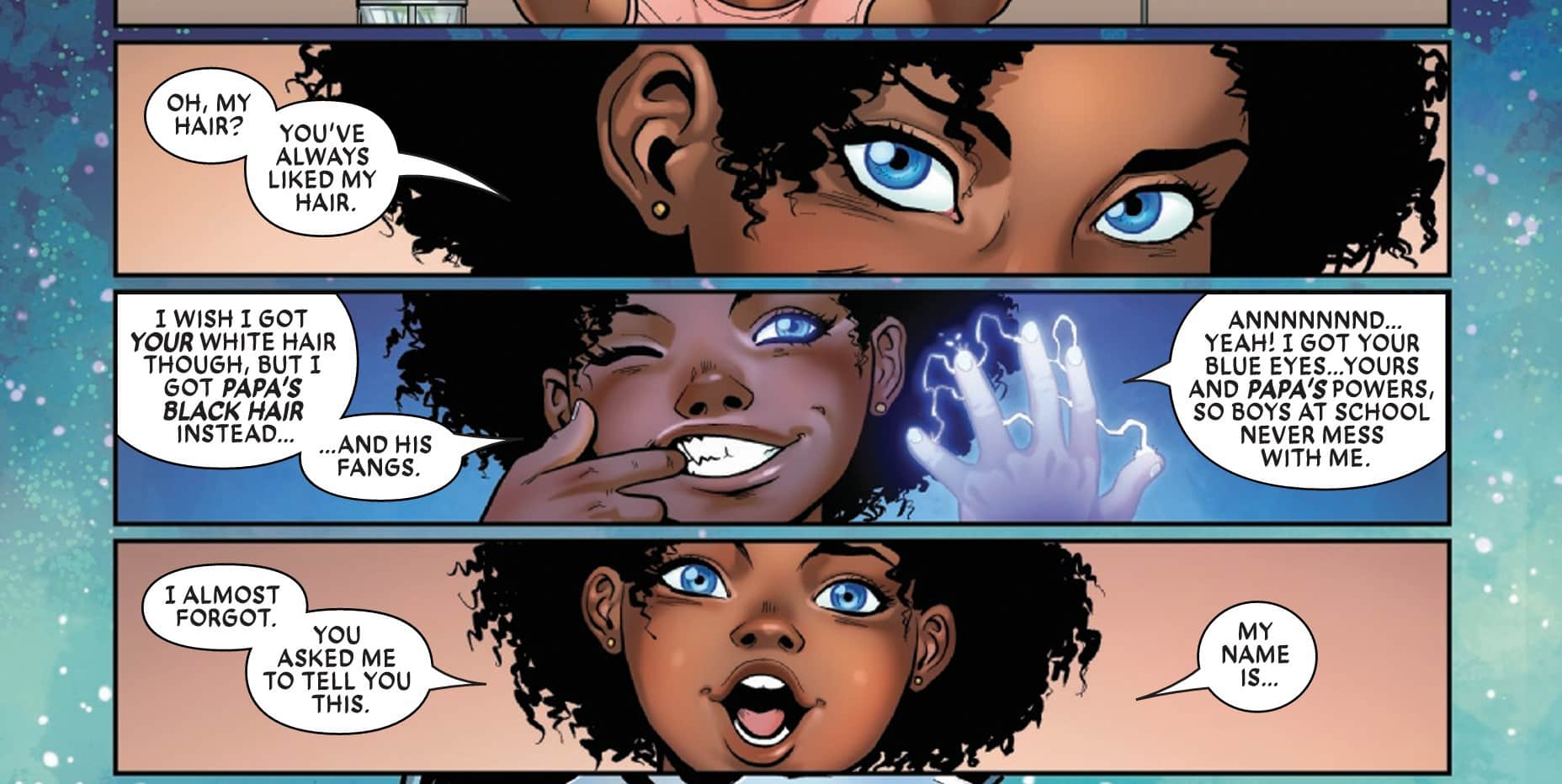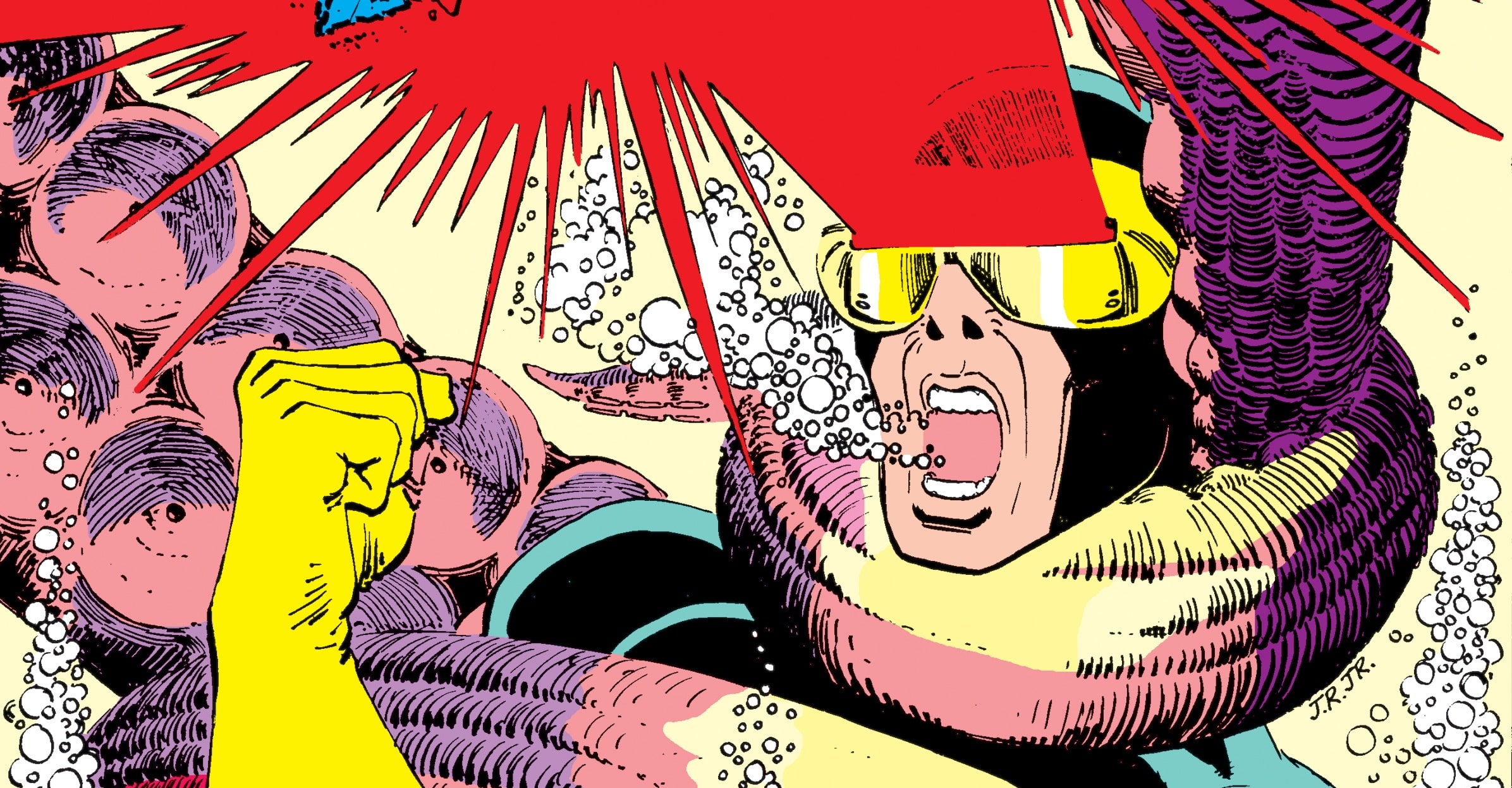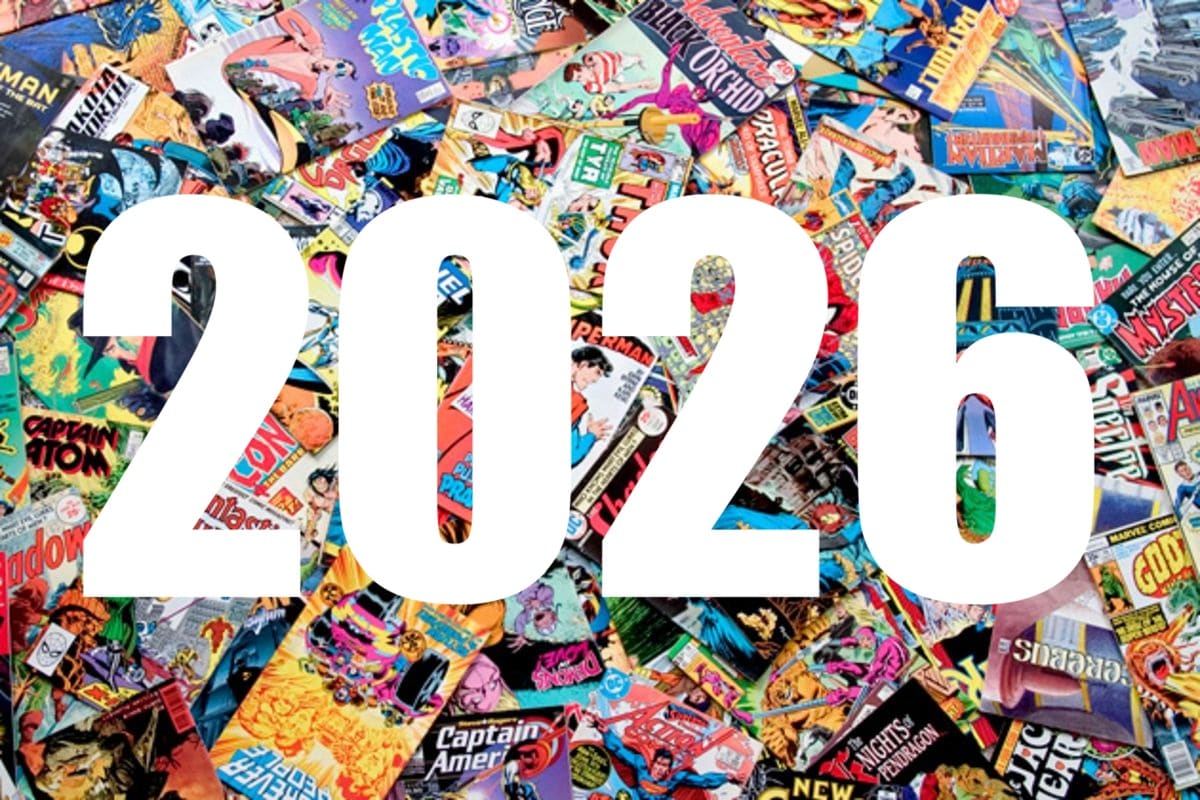I don’t know that it’s an exclusively New Orleans thing, where the lineage of light-skinned Creoles and the history of discrimination for them and by them looms large.
I don’t know if it’s an exclusively Southern American thing, where, for literal centuries, skin tone unfairly but consistently determines opportunity and acceptance among Black people.
I don’t know if this is even an American thing, as cultures around the world, from Korea to South Africa, view darker skin as a handicap at best and the mark of Cain at worst.
But I do know my color — not my race, but my literal color — too often determines to too many my worthiness of care or love.
Or even being seen.
Because the internet does not do well with nuance, it bears saying: I am happy for Aaron Pierre. I am more than certain he earned the role of John Stewart in HBO’s upcoming “Lanterns” show. I have no desire to tear down a Black man in service of a personal fancast, as so many are (sadly, foolishly) wont to do. I’m well aware other, darker-skinned actors auditioned, and the decision to not move forward with the role may very well have been mutual. Pierre, though lighter skinned, has prominent, beautiful features not always associated with lighter skin: a broad nose, full lips, tightly coiled hair. In fact, one could argue if he is, in fact, light skinned, as he’s literally the shade of a paper bag.
Besides, it’s hard to argue against someone who has naturally green eyes for the role of a Green Lantern; I get it.
And.
Because the internet hates nuance, it also bears mentioning why this differs from the complaints of racists who were mad at Ariel being cast as a (lighter skinned!) Black woman with locks. White was the default for most characters created before the 1960s, even characters whose histories are either race-neutral or fictional. Of course Ariel was white — everyone, everything was white. Yet there’s nothing inherently white about, say, a mermaid, or fantasy dragon riders, or Lupin, or whomever else those people — those racists — are whipping themselves up in a frenzy about.
But Black Panther was written to be a Black man. Storm was written to be a Black woman.
And John Stewart was created specifically as a Black man with darker skin. Every iteration of the character has had darker skin which, in comics, is not always a given.
Black skin has such a wide range of tones, from the high-yellow skin of Stephen Curry to the deep, rich skin tone of the rapper Foggieraw. Yet on page, there seems to be a limit to how dark a character’s skin can be portrayed. I struggle to find one illustrated much darker than a medium brown, yet I can find many who’ve been lightened, both on page (Sunspot) and on screen (Storm).
None of this is the end of the world.
All of this, though, feels unnecessarily familiar
As I write this, The Washington Commanders are playing the Baltimore Ravens in (American) football. Both teams are led by Black quarterbacks. In fact, almost half of the teams in the NFL started a Black quarterback this year — a historic high, and a marked difference from the times of my childhood, where maybe, maybe one Black quarterback would start, and we (Black folk), regardless of where we lived, would root for that quarterback’s success — even if it was against our own team.
Yet as I can see (limited) progress in the NFL, comics seem to be regressing. DC’s much heralded “All In” initiative appears depressingly devoid of diversity, with no Black leads for its ongoing series (Black Lightning is a limited run), and Black characters present only as supporting characters for the (few) titles they show up in. Considering the increasing synergy between comics and Hollywood, I fear this is yet another step in the continuing regression of diversity we’ve seen since the summer of 2020. There’s likely no one of color and conscience around the decision makers to advocate for casting choices (or, apparently, to defend the casts already chosen.)
I fear I will once again be relegated to cheering for the “one” character, and I fear that character will no longer look like me.
This is not a petition to change the character, or to malign an actor. This is not self-pity — I will be fine with Pierre as the lead; I am not dependent on Hollywood to define my self-image or self-love.
This is simply a lament:
In the same way I can be happy for Aaron Pierre, and hopeful that Lanterns will turn out well, I acknowledge yet another benign indignity; I receive yet another reminder that comic pages nor the silver screen will reflect me.
I lament, but I am not surprised.
I know what to expect, after all.
A proud New Orleanian living in the District of Columbia, Jude Jones is a professional thinker, amateur photographer, burgeoning runner and lover of Black culture, love and life. Magneto and Cyclops (and Killmonger) were right. Learn more about Jude at SaintJudeJones.com.

